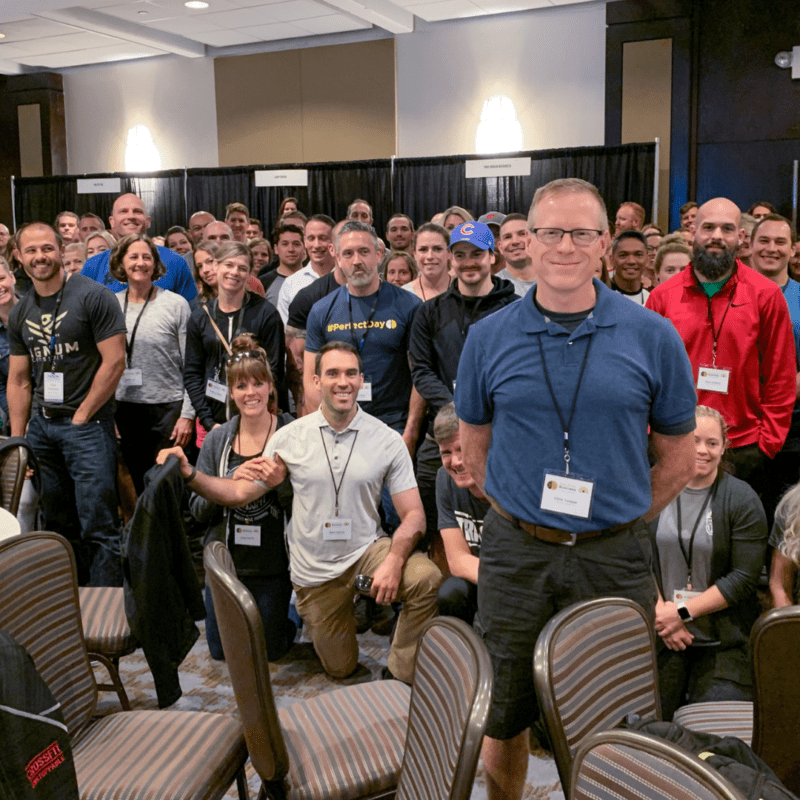Here’s a myth we all want to believe: If we’re the best coach in town, we’ll win.
I remember telling my partners “I’m gonna put all of these other guys out of business. They don’t know anything about training!”
But I was wrong: Reading scientific journals, collecting old Soviet texts and arguing with other coaches online didn’t grow my business.
When I found CrossFit, I loved the lure of this line contained in the “Level 1 Training Guide”: “It becomes obvious that the most effective business plan comes from achieving excellence and letting the market bring the money to you.” I was thrilled because I thought the best trainers would naturally attract more clients.
But I later realized the most popular fitness coaches of all time are people like Richard Simmons, Jillian Michaels and Tony Little. I can’t find a single Ph.D. in the bunch. Being a good trainer is necessary, but insufficient, to making a good living in the field.
However, a good coach who is the best business owner can build a gym worth 10 times more than a gym built by a semi-good owner.
In this series, I’m going to tell you why being the best business owner matters and how the best in the world actually perform exponentially better than those around them.
Business Excellence and Retention
Let’s start with how being the best affects retention.
If you’re clearly, obviously the best gym, your clients will be unlikely to leave. In fact, having your clients visit other gyms—for competitions, fundraisers, etc.—will actually improve your gym’s retention because they won’t be tempted to “see what else is out there.”
Novelty can influence people, and sometimes a client can be lured away by something different just because it’s different.
But if you’re the best, and they know it, they’ll usually stay. Novelty just doesn’t hold a candle to true quality. Example: Those cool, new shoes that fall apart right away aren’t going to be popular for long.
If you’re the best, the clients who do leave will usually come back. And these are often the best clients to have: They’ve seen that the grass ain’t greener on the other side. They’ve satisfied their natural curiosity, and now they’re all in on your program—because they know from experience that it’s the best.
The compounding value of time makes being the best exponentially more important. If you’re the best, you’ll be open long enough for clients to leave and come back or to start somewhere else and ascend to you. You’ll even gain clients when lesser gyms close.
As Dave Tate told me in 2016, “A lot of business is just attrition—if you’re still around in three years, you’ll win because everyone else will be gone.”
Of course, when you’re the best, some clients just won’t be ready for you yet. I’ll talk about that in the next post. And then I’ll talk about what being “the best” really means.
Other Blogs in This Series
“Being the Best: Longstanding Lighthouses of Excellence”
“How to Become the Best Gym in Town”

